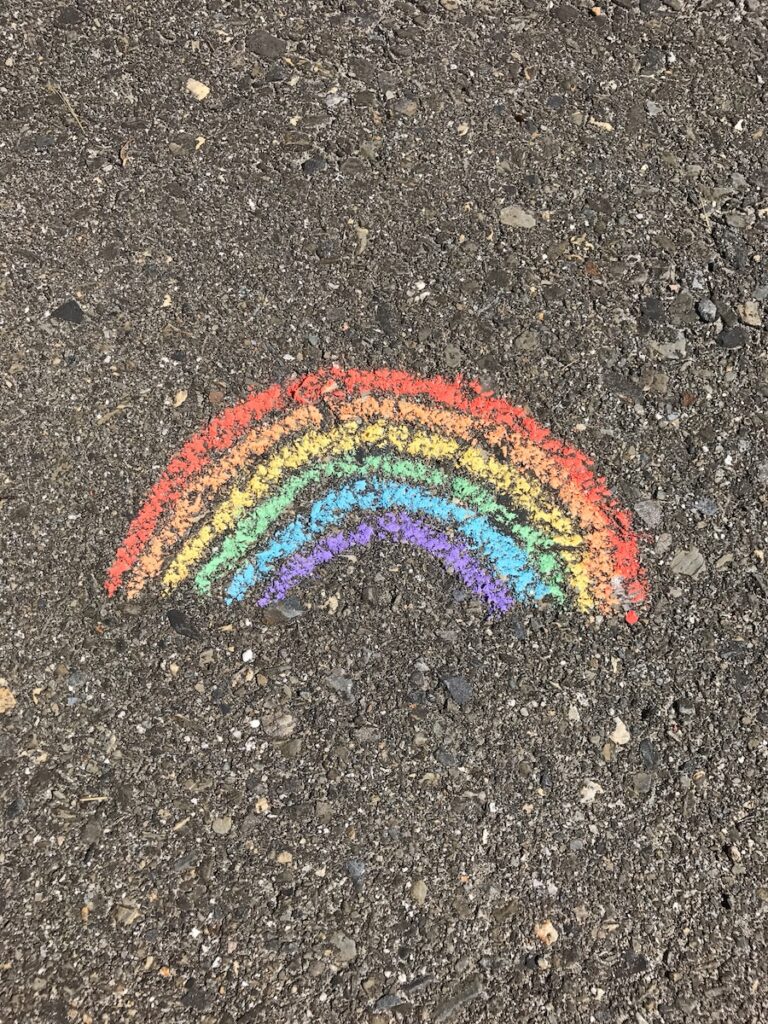
Last week, cities across Canada were abuzz with protesters marching under the “1 million march 4 children” banner. While the movement ostensibly aims to protect the rights and innocence of children, it’s essential to analyze the underlying sentiments, especially in relation to LGBTQ+.
The “1 million march 4 children” movement gained prominence through social media, with posts decrying a supposed ‘corruption’ of the youth, primarily focused on the inclusion of “gender ideology” in sexual education. This mix of genuine concern, coupled with misinformation and prejudice against the LGBTQ+ community, created a potent and volatile cocktail.
Central to this movement is a significant misunderstanding and refusal to accept sexual orientations and identities beyond the heteronormative spectrum.
Humans by nature, from a young age, are curious about sex. Freud’s theory of infantile sexuality explains that sexual drives exist and can be discerned in children from birth, and while parents unquestionably play a pivotal role in guiding their children’s perceptions of sexuality, much of it is learned by other means, including school. Not every child has parents who understand or accept LGBTQ+ realities. Who saves these children?
Introducing LGBTQ+ identities and the concept of questioning one’s sexual orientation into educational curriculums wasn’t an abrupt decision. For years, numerous transgender, queer, and others felt marginalized and silenced because they deviated from traditional gender norms. Tragically, many were led to believe they were inherently flawed. Some religious families even attempt to “pray the gay–or whatever else– away” from their LGBTQ+ loved ones, still today! As these individuals grew older, they often struggled with self-acceptance, only to eventually understand that there’s nothing wrong with being true to oneself. Given this, why shouldn’t educational institutions advocate for the exploration and understanding of sexuality and gender? If kids cannot turn to their parents, for whatever reason, shouldn’t they be able to turn to someone? Or would it be better for the child to get his/her information on snapchat or tiktok? Why is it taboo, in 2023, to talk about anything other than men/women? Why do we still feel the need to hide LGBTQ+ members of society?
The resistance against a comprehensive and inclusive sexual education is rooted in misplaced fears that exposure to LGBTQ+ realities would ‘influence’ or ‘confuse’ young minds. Contrarily, well-rounded education about diverse sexual identities and orientations is crucial. It fosters an environment of acceptance, combats prejudices, and allows LGBTQ+ youth to feel seen and understood.
Ignoring or vilifying LGBTQ+ topics doesn’t shield children; it merely leaves them unprepared and possibly misinformed. For LGBTQ+ youth, this exclusion can lead to feelings of isolation, confusion, and self-loathing.
For society to progress, we need to champion open dialogues and evidence-based approaches, understanding that knowledge about all sexual identities and orientations is a step towards acceptance, not a threat.












